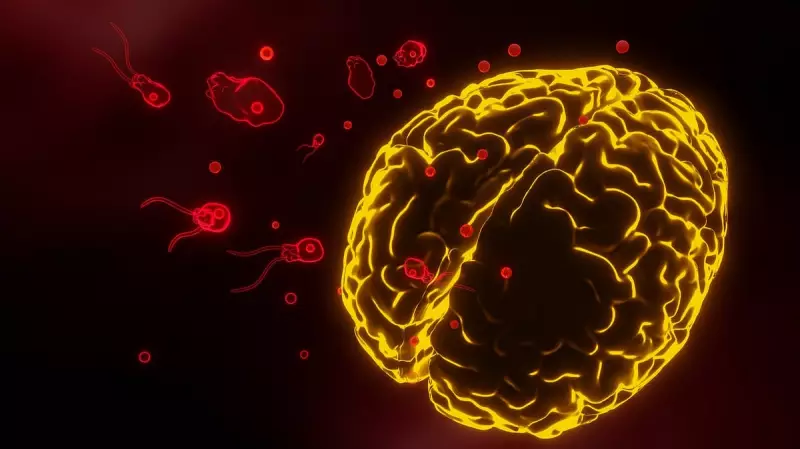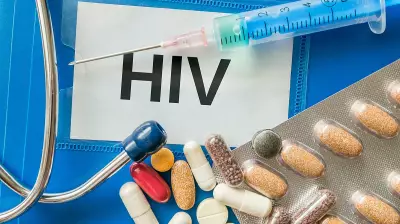
Health experts in Kerala are sounding the alarm and demanding a comprehensive, science-backed strategy to combat the rising threat of amoebic meningoencephalitis, a rare but devastating brain infection that has recently claimed multiple lives in the state.
The Silent Killer in Kerala's Waters
Following several tragic cases of primary amoebic meningoencephalitis (PAM), medical specialists have emphasized the critical need for an integrated approach to tackle this water-borne menace. The infection, caused by the Naegleria fowleri amoeba, typically enters through the nose during swimming or bathing in contaminated warm freshwater.
Why This Infection Demands Immediate Attention
Despite its rarity, amoebic meningoencephalitis carries a frighteningly high fatality rate, making prevention and early detection absolutely crucial. Recent incidents across Kerala have highlighted the urgent need for coordinated action between health authorities, water resource departments, and local communities.
Expert Recommendations for Prevention
- Avoid swimming in warm freshwater during high-temperature periods
- Use nose clips when entering potentially contaminated water bodies
- Ensure proper chlorination of swimming pools and drinking water
- Public awareness campaigns about infection risks and prevention methods
- Enhanced surveillance systems for early case detection
Building a Multi-Layered Defense Strategy
Medical professionals stress that combating this deadly infection requires a three-pronged approach: prevention through public education, improved water safety protocols, and rapid response medical care. The integrated plan being advocated would involve coordination between multiple government agencies and health institutions.
While the infection remains uncommon, its devastating consequences make proactive measures essential. Kerala's health department is now facing increased pressure to implement these expert recommendations before the upcoming monsoon season, when water-related activities typically increase.






